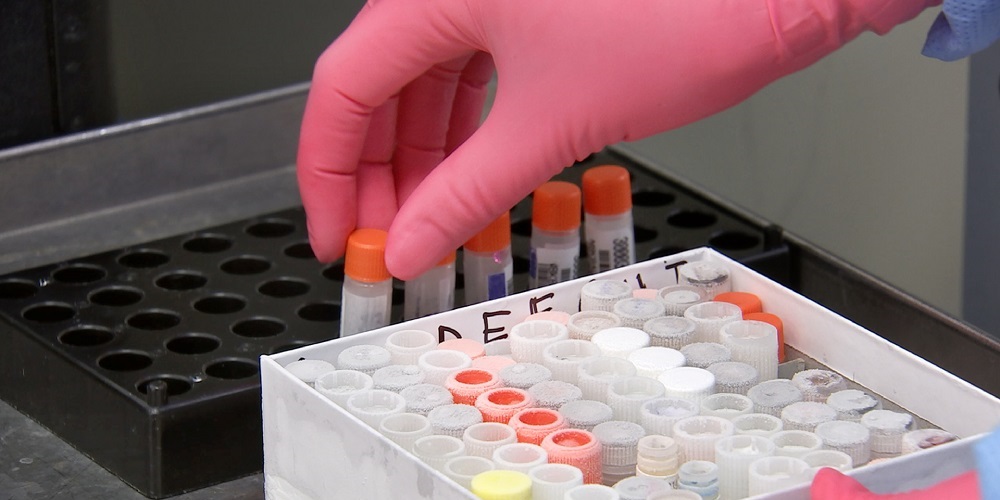
The Covid-19 pandemic and anthropogenic climate change are both global challenges for humanity and crises of unprecedented scale that call for international collective responses. While both are urgent, the Covid-19 pandemic appears to many as more imminent, maybe because of its rapid spread and visible threat to life. In just a few months, the pandemic has led to large scale international responses, while mitigating climate change appears to be a much slower, longer endeavour.
For both crises however, intellectual property (IP) lends itself as an important policy tool. Innovation plays a major role for ending both crises for which solutions are likely to be technology dependent. Considerations regarding the ownership, access to and usage of IP rights, such as patents, copyright, design rights and trademarks, but also of data and trade secrets are important for effective innovation processes and for governing collaborative, open and global innovation systems. For instance, patents (or the prospect of getting a patent) can provide strong investment incentives for stakeholders who engage in the development of green technologies as well as for finding the Covid-19 vaccine. Licensing mechanisms are important for the global south to access sustainable technologies, such as solar energy, but also for Covid-19 diagnostics and hopefully later the vaccine. Accordingly, understanding choices and effects of IP models along technology development processes is paramount for both crises. Continue reading.
The Transformations to Sustainability (T2S) programme supports solutions-oriented, international research for sustainability, led by social scientists and jointly produced with societal stakeholders. Sign up for regular updates on the latest in sustainability science by visiting the T2S blog: https://t2sresearch.org/